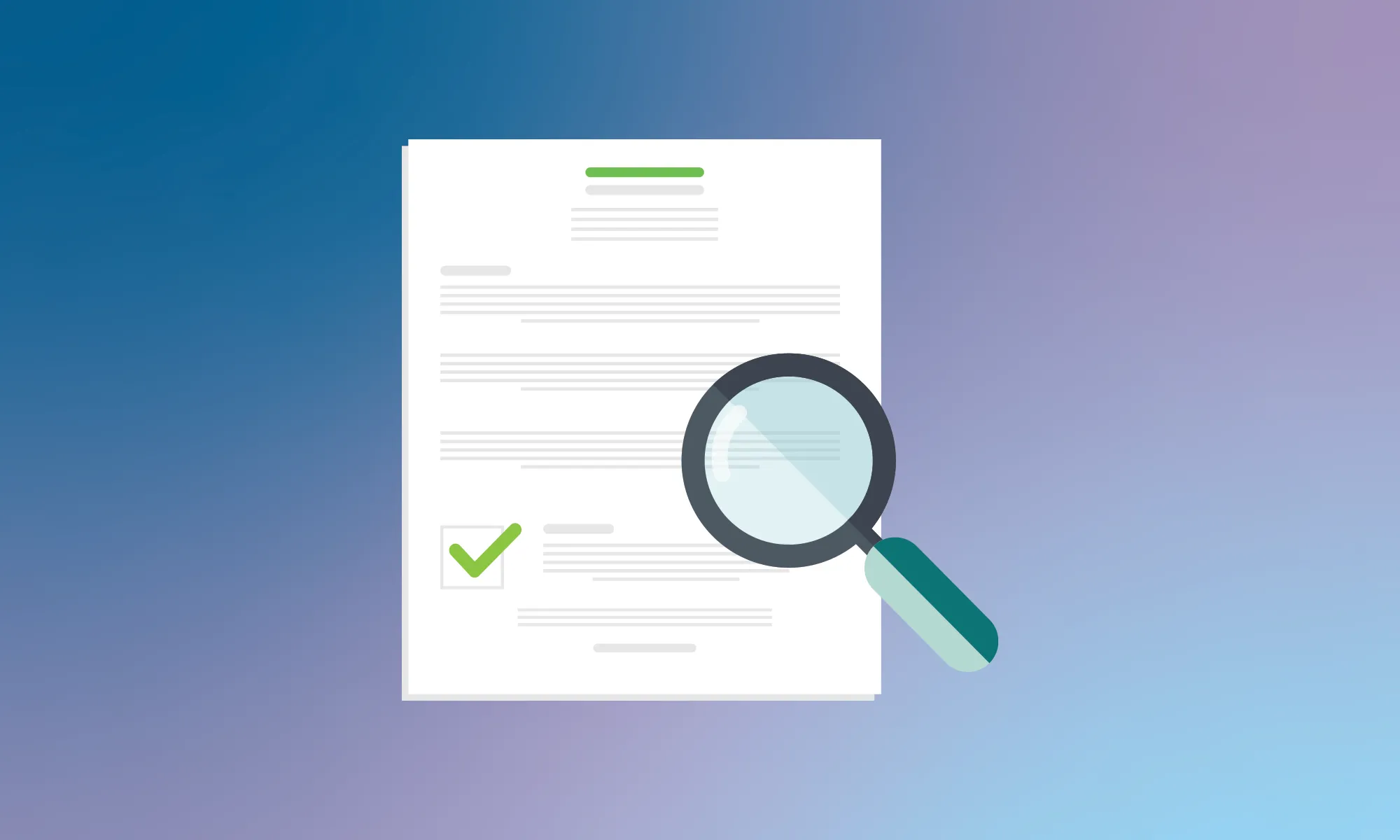Sales and Use Tax Rates & Compliance for Digital Services in the US
VAT Rates & Compliance for Digital Services in the United States
Are digital services taxable?
Yes
VAT rate
Varies by jurisdiction
Digital reporting requirements
No
Remote Sellers and Sales Tax in the US
With the rise of e-commerce, more and more businesses are selling goods and services online to customers in different US states. However, when it comes to sales tax, remote sellers (businesses that sell to customers in states where they do not have a physical presence) face different rules and obligations compared to traditional brick-and-mortar businesses.
Economic nexus
Until recently, remote sellers were only required to collect and remit sales tax in states where they had a physical presence (e.g., a store, warehouse, or employees). This changed with the landmark Supreme Court decision in South Dakota v. Wayfair, Inc. in 2018.
In the Wayfair decision, the Supreme Court ruled that states can require remote sellers to collect and remit sales tax even if they do not have a physical presence in the state. This decision has paved the way for states to enact economic nexus laws, which require remote sellers to collect and remit sales tax if they exceed certain thresholds in terms of sales or transactions in the state. As a result, all states with sales tax have adopted economic nexus laws.
Digital Services in Scope
Non-resident suppliers of digital services are generally required to collect and remit sales tax in the same way as their US-based counterparts. However, it can be challenging for non-resident suppliers to navigate the different taxability rules across jurisdictions, particularly given that the US has no federal-level sales tax. Instead, each state and locality has its own tax code and tax rates, and the taxability of specific digital services can vary from state to state.
Supplies of the following digital services by non-resident suppliers may be liable for collecting and remitting sales tax in the US where they have nexus:
- Streaming or downloading movies, music, and other digital content
- Online gaming and virtual items
- Subscription-based services such as software, e-books, and online courses
- Software as a service (SaaS)
- Infrastructure as a service (IaaS)
- Platform as a service (PaaS)
To determine whether a non-resident supplier is subject to sales tax in a particular jurisdiction, they must first determine if their service is considered taxable in that jurisdiction, which requires a careful review of the relevant state and local tax codes. If taxable, the supplier needs to determine the applicable sales or use tax rate, which can vary widely depending on the jurisdiction.
Note that supplies that are commonly viewed as digital services in the rest of the world may be defined as a more specific service or even “tangible personal property” in the US, essentially the equivalent of a good. For purposes of consistency, we have continued referring to these supplies as digital services.
Determining the Location of the US Consumer
Sourcing rules are the set of guidelines that determines the location where the sale is taxed. The most common types of sourcing rules are destination-based and origin-based. In some cases, a state may use a combination of both, known as mixed sourcing.
- Destination sourcing: This means that the seller collects and remits sales tax based on the location where the sale is delivered or used. Destination sourcing applies to all interstate sales, as well as intrastate sales in the majority of states.
- Origin sourcing: The sales tax is based on the location of the seller. The sellers are responsible for collecting and remitting the sales tax to the jurisdiction where they are located, regardless of the location of the buyer. This applies to intrastate sales in states that follow the origin principle.
- Mixed sourcing: The rules are a mix of origin and destination sourcing. For example, Utah is generally considered an origin principle state, actually follows the destination principle for certain types of sales.
Sales and Use Tax Registration for Foreign Companies
Foreign companies should apply to register for Sales Tax with the state agencies and local tax agencies (if applicable) when the relevant nexus thresholds are breached.
Economic nexus is established when a business has a significant economic presence in a state, even if it doesn't have a physical presence. This type of nexus is determined by a state's economic nexus threshold. The threshold is the amount of sales or number of transactions that a business must make in a state to be required to register, collect and remit sales tax.
Below are some examples of state economic nexus thresholds:
- California: Businesses should be required to collect and remit sales tax if they have over $500,000 in sales in the current or prior calendar year or its sales to California exceed 25% of the taxpayer's total sales.
- New York State: Businesses should be required to collect and remit sales tax if they have over $500,000 in sales and over 100 transactions in the state.
- Texas: Businesses should be required to collect and remit sales tax if they have over $500,000 in sales in the previous twelve calendar months in the state.
Businesses that operate in multiple states should ensure that they are aware of the sales tax rates in each jurisdiction where they have a presence and that they are charging the correct amount of sales tax to their customers.
Returns and payment of taxes
Once registered, businesses should need to collect and remit sales taxes to the relevant tax authorities.
Digital Reporting Requirements for Cross-Border Digital Services
In the US, there are currently no digital reporting requirements.
However, non-resident suppliers of digital services should still comply with the sales tax rules in each state where they have nexus, including registering for sales tax permits, collecting and remitting sales tax, and filing sales tax returns.
Disclaimer on Tax Advice
Fonoa does not provide professional tax opinions or tax management advice specific to the facts and circumstances of your business and that your use of the Specification, Site, and In addition, due to rapidly changing tax rates and regulations that require interpretation by your qualified tax professionals, you bear full responsibility to determine the applicability of the output generated by the Specification and Services and to confirm its accuracy. No professional tax opinion and advice. Fonoa does not provide professional tax opinions or tax management advice specific to the facts and circumstances of your business and that your use of the Specification, Site, and In addition, due to rapidly changing tax rates and regulations that require interpretation by your qualified tax professionals, you bear full responsibility to determine the applicability of the output generated by the Specification and Services and to confirm its accuracy.










